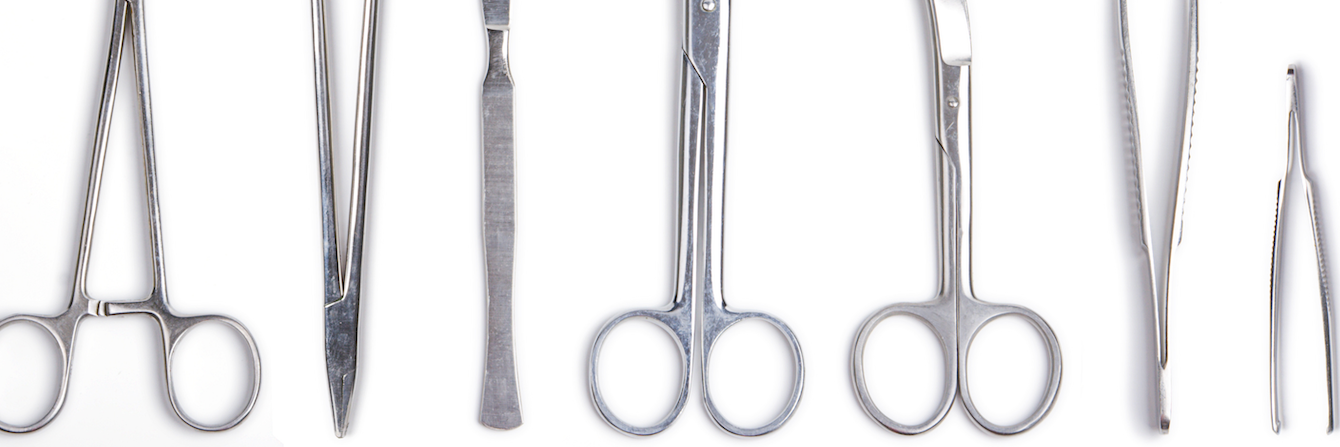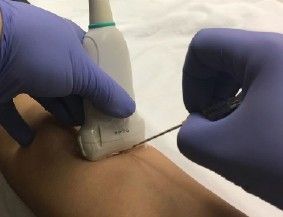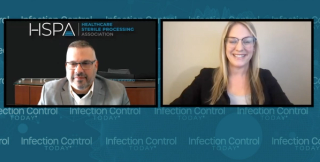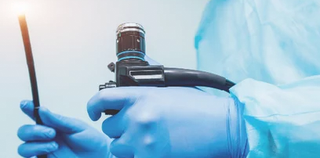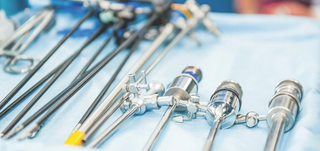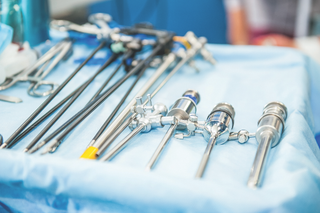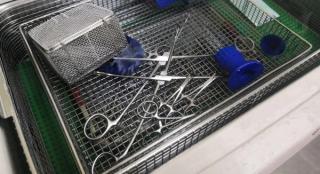
Sterile Processing
Latest News
Latest Videos

More News

Improper handling of insulated instruments can lead to serious complications, including fatal surgical site infections for patients and staff.
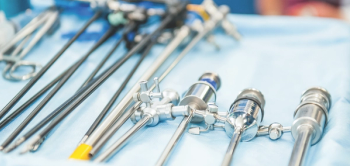
Sterilization in hospitals often lacks coordination with other departments, which may hinder knowledge exchange and performance. What can be done to overcome this challenge?

ANSI/AAMI Protective Barriers 70 (PB70) has been updated. A presentation at the annual HSPA conferences explained the changes, and ICT spoke to the presenters. Listen to the interview!

Sterile Processing Techs Can Never “Dial It In” Because Lives Are on the Line
A veteran in the sterile processing field, Sharon Greene-Golden gave several presentations at the HSPA Annual Conference. She spoke to ICT about them.

Infection Control Today finds out what the update to AAMI TIR34, “Water for the reprocessing of medical devices,” says.
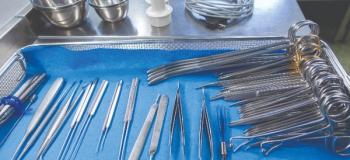
A unique poster at the Healthcare Sterile Processing Association Conference presents how to prepare and perform sterile manual processing for delicate and sharp instruments.

Top 11 Best Things to Do While in Nashville for the 2023 HSPA Conference
Are you attending the HSPA 2023 Conference in Nashville, Tennessee, from May 6-10? Check out this list to see the best things to do while you’re in town.

ICT's Product Locator: May 2023
Infection Control Today's® Product Locator is a monthly column highlighting some of the latest advanced technology in the infection prevention field.
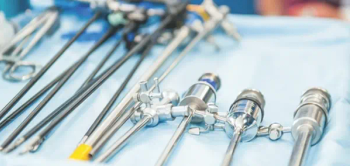
Curing the Sterile Processing Department Staffing Crisis
What are the issues if sterile processing departments (SPDs) can't hire more qualified personnel?

Weekly Rounds: Marburg in the Lab, IPs' Role in Dentistry, and IP Risk in Water Management
Take 5 minutes to catch up on Infection Control Today®’s highlights for the week ending April 23, 2023.

How is infection prevention different in dental offices from other health care facilities? Experts explain.

Infection Control and Prevention in the Outpatient Physical Office Setting
Unlike hospitals, ambulatory settings have traditionally lacked adequate infrastructure and resources to support infection prevention and monitoring.

Numerous pathogen outbreaks have been from the water in medical facilities. So what are the dangers, and what can infection preventionists do to prevent morbidities and mortalities from occurring?

Take 5 minutes to catch up on Infection Control Today®’s highlights for the week ending April 16, 2023.

Using Changing Management Tools to Implement OR Safety Improvements
Two investigators from Australia spoke with ICT about how management tools can overcome health care worker reluctance and implement OR safety improvements.

Take 5 minutes to catch up on Infection Control Today®’s highlights for the week ending April 9, 2023.

Amber Wood MSN, RN, CNOR, CIC, FAPIC, talks with ICT about her 2 presentations at the 2023 AORN annual conference, and how important the conference is to her and everyone who attended.

Weekly Rounds: Reducing Unnecessary Urine Cultures, Hot Topics in IPC and More
Take 5 minutes to catch up on Infection Control Today®’s highlights for the week ending April 2, 2023.

Reaching for the Stars: Turn Your Weaknesses Into Successes
Learn from your mistakes; reach for the stars. We all have learning to do. Just don't quit!

Take 5 minutes to catch up on Infection Control Today®’s highlights for the week ending March 19, 2023.

With all the misinformation and confusion about what The Joint Commission (TJC) does and doesn't do, ICT went to TJC to find out. Listen to the detailed interview to find out what health care workers need to know.

Take 5 minutes to catch up on Infection Control Today®’s highlights for the week ending March 5, 2023.

As the third year of COVID-19 begins, some questions have been answered, but others still remain. ICT asked leaders in the infection prevention and control field what answers the medical world needs now.

ICT's Product Locator: January/February 2023
Infection Control Today's® Product Locator is a monthly column highlighting some of the latest advanced technology in the infection prevention field.

Routine Change of Surgical Gloves/Instruments Significantly Lowers SSIs
A study clearly shows that surgical site infections (SSIs) can be reduced by changing surgical gloves and instruments before the closing abdominal wound closure.



